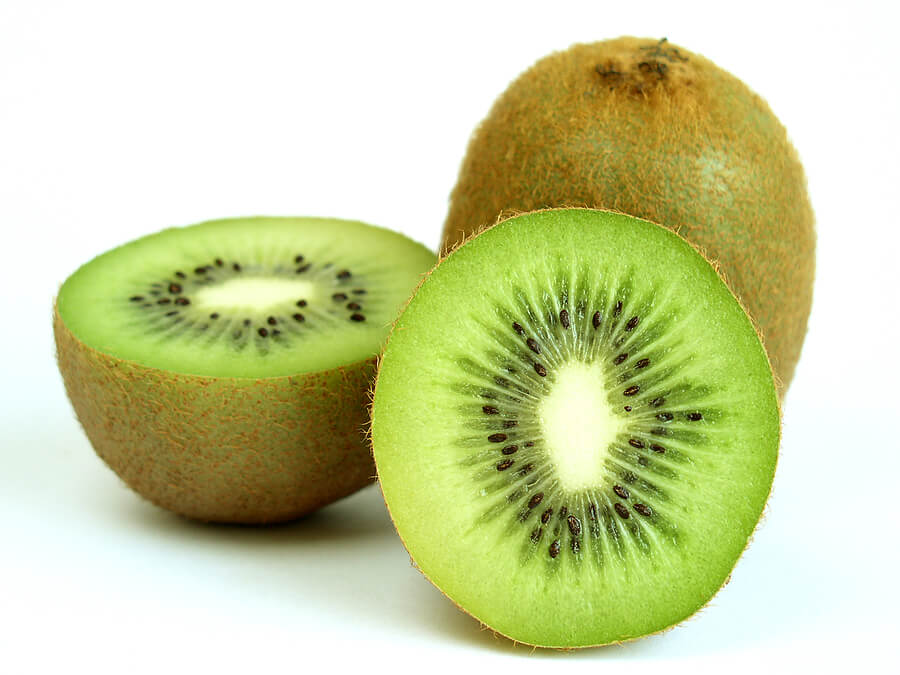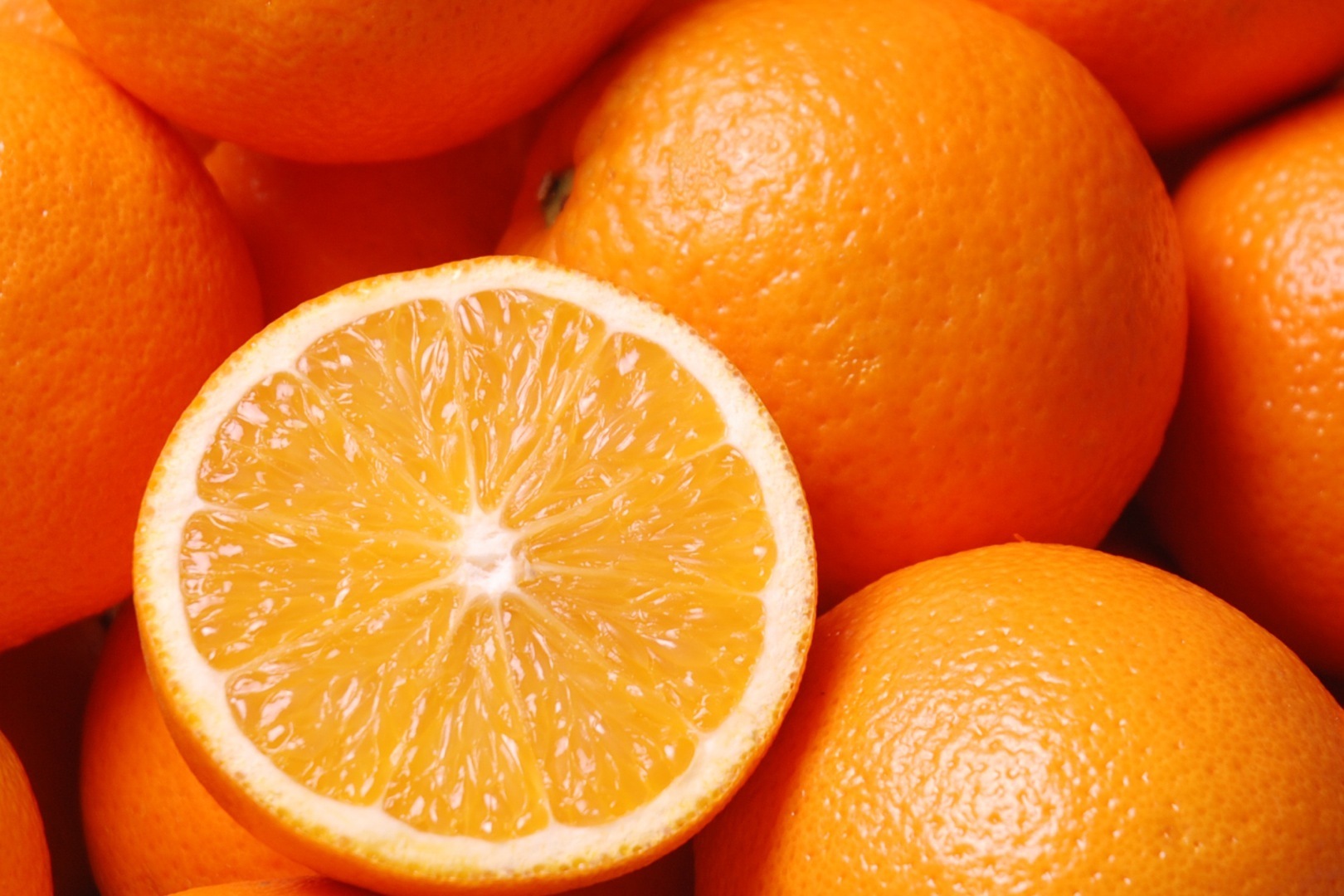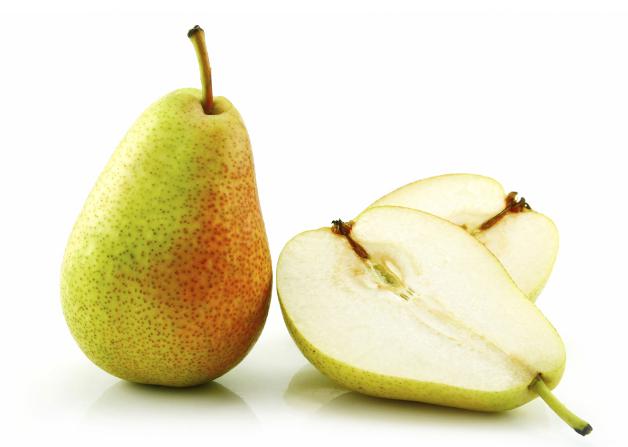Which fruits we should eat if we run
Published : 10/10/2017 11:48:45
Categories : All , Nutrition

Whether we practice sport or not, it’s important to include fruit in our diet, as it’s a food with very little calories, much fibre, and carbohydrates (glucose, fructose, saccharose), and also many vitamins (A, C, B1, B2, B6, folic acid), and minerals (potassium, iron, calcium, magnesium, silica, zinc, sulphates, phosphates, chlorides).
Besides, a lot of fruits have between 80 and 95% of water, antioxidants, flavonoids, terpenes, selenium, phenolic compounds and phytochemical substances.
There are fruits with more benefits tan others for people who practice running, and also is recommended to consume 7 pieces of fruit and not 5 like habitually is recommended to people who not practice sport according to Runnea.com.
All the fruits in the Mediterranean diet are beneficial, although Runnea suggest these five:

Kiwi: it has a great quantity of vitamin C, more than lemons and oranges. Only guava and redcurrant have more. It’s also anti-inflammatory and antiallergic, rich in lutein (a chemical compound which helps to prevent cancer, heart diseases, sight problems, reinforces the immune system and reduces the blood pressure). It has a great quantity of fibre, soluble and insoluble. It’s also rich in copper (which is good for bones, brain and immune system). It has also potassium, magnesium and vitamin E. A kiwi provides more than the 80% of the daily requirement of vitamin C. Owing to this it’s very useful to fight the nervousness, anxiety and stress.

Grape: contains an 80% of water and 70 calories in every 100 grams. It also has very beneficial substances for health as phenolic compounds, anthocyanin, tannins and flavonoids (anticancer, antioxidant, and also stimulares the blood circulation and help to reduce the fatigue). Green grapes are also good for bones more time, as they have vitamin K and vitamin B1. They favour the reconstruction of many tissues as they have minerals like iron and potassium, improving the heart function and increasing the red cells production, helping in that way the oxygen circulation in our body.

Orange: rich in vitamin C, as 10 grams contain up to 90% of our daily necessities. It also has 60 types of flavonoids and 170 phytochemicals, anticancer, anti-inflammatory, and benefits in case of asthma or osteoporosis. It also helps to maintain the skin healthy and hydrated, ideal to reconstruct and repair damaged tissues.

Banana: in a 100 grams banana we find: 100 calories, 1 gram of protein, 3 grams of fibre, 25 grams of carbohydrates and less than 1 gram of fat. It’s one of the most important vegetal energy sources, and also a strength synonym. It has vitamin B6 and C, folic acid, minerals as magnesium and potassium, preventing in that way cramps and ailments. Besides, it offers intensity, strengths the brain, accelerates the digestion and relaxes our nervous system.

Pear: rich in potassium, which reduces blood pressure, avoiding in that way clots or damages in cardiovascular system. It also increases the blood flow, oxygenating the organs. In addition it has antioxidant compounds and flavonoids which promote the anti-inflammatory effects in the body, reducing in that way the associated pain to inflammation diseases. It has a high content of minerals (magnesium, manganese, phosphorus, calcium and copper) which helps to maintain the bones stronger.
These fuits are important when we run but they are not the unique, and we must consume the others, better seasonal fruits, as they are fresher and have a better taste and scent because they are more natural have more nutrients. Here is a list of seasonal fruits depending on the season:
WINTER: Vitamin C to fight the cold.
Orange, lemon, mandarins, walnut, mango.
SPRING: varied fruits which should be consumed quickly.
Strawberry, apricot, loquat, fig, cherry, raspberry.
SUMMER: ideal to hydrate.
Watermelon, melon, nectarine, peach, plum, blackberry.
AUTUMM: very healthy, with many vitamins and antioxidants.
Pomegranate, quince, kaki.
